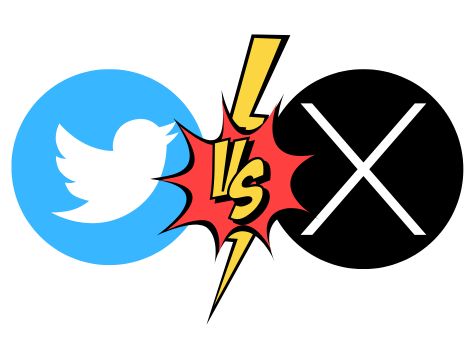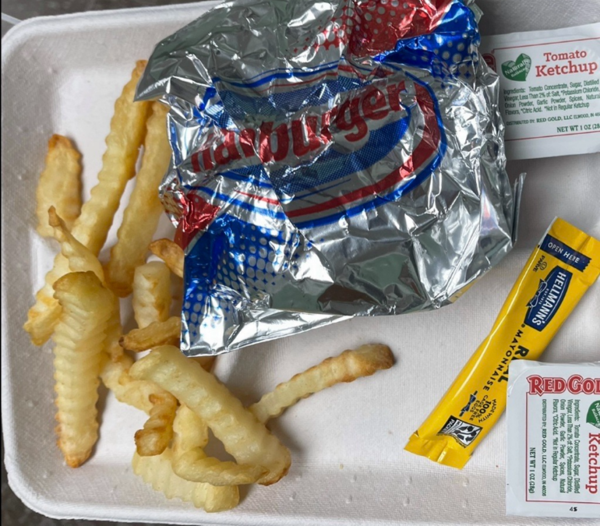Too Stressed, No Success: The Continuous Unhealthy Cycle of Pressuring One’s Child

May 18, 2018
“We just want you to do better than we did.” Children of all age groups and ethnicities have heard this statement far too many times from their parents. Although the saying isn’t discouraging towards their child in any way, it sets up unrealistic expectations. The notion of achieving isn’t necessarily bad; however, the constant thought of always having to be the best has caused many adolescents to be more stressed and discouraged.
Many parents perceive their child’s grades as a reflection of their parenting skills. This causes many to always want their children to strive. Parents often forget that children tend to develop differently; not just physically, but also mentally. How long a child’s brain takes to develop varies from person to person. In “Parents Add To Exam Stress” by BBC News, Dr. Wright explains how punishing a child for failure of not achieving the expected grade by the parents can have negative effects. He states that “Parents needed to take a long term view of their child’s progress and not be blinkered by the idea of short-term exam success.”
Some students, however, have a better understanding in some core subjects than others. Throughout generations parents’ expectations regarding education have spun out of control. The motto “If you do something, you get something” is a toxic mindset for a child. Imagine if your child has a harder time memorizing their multiplication tables but has an easier time spelling. Therefore, as the parent you spend more time with math. The mindset you give your child is that they only deserve a prize once they’re good at math. This method, although it has its perks, is lowering their self-esteem, which can later cause long term stress and anxiety disorders.
“Parents Pressure Cited as Harmful,” by the New York Times, explains how parents often portray the child’s learning rate as a race. Parents forget that if their child isn’t the fastest at multiplication by third grade, he still has a chance of going to Harvard. Since parents want the best for their child, many decide to put them in tutoring or extra help courses, paying up to $300 dollars an hour for private tutors. However, many start paying for these tutors at as early an age of four to six years. These formal lessons of English and mathematics have led kids to be less fond of learning. As Dr. Elkind states, “About fifty percent of reading problems come from starting kids not too late, but too early.”
A child’s grades at the age of five should not matter more than their mental health as they grow to the age of thirteen. All parents want the best for their kids. Instead of straining a young kid’s mind at the age of three with the vigorous training there are other alternatives that work just as well; counting pots and pans, even how many apples you have. Seeing how many you have left after taking one away prepares them for later on education.












